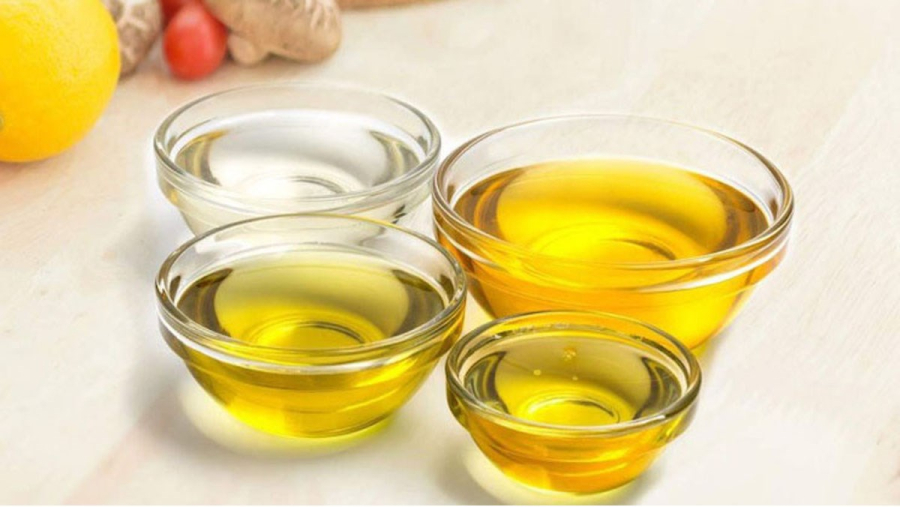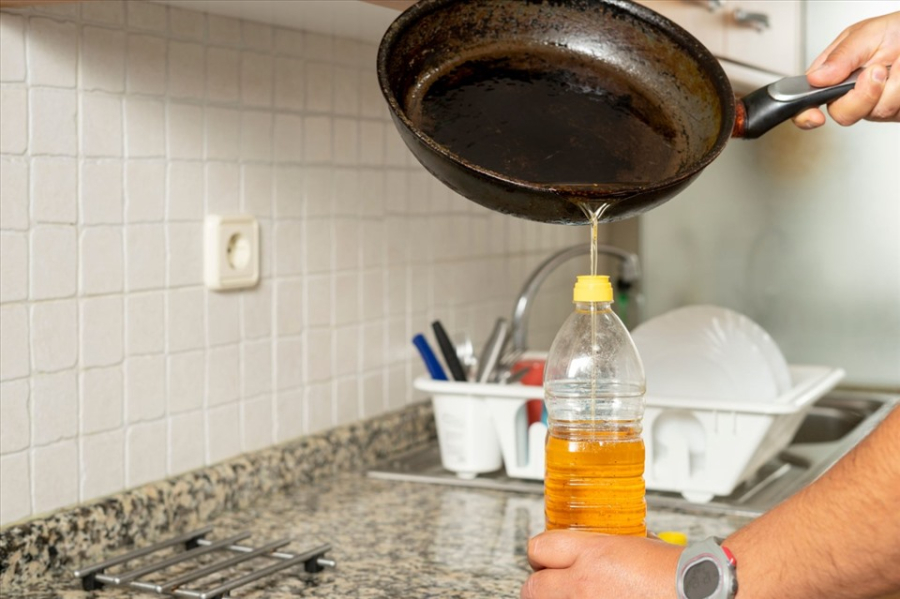Edible oil is an essential condiment that adds flavor and enhances the appeal of our dishes. However, if not used properly, it can be detrimental to our health. According to PGS.TS.BS Nguyen Thi Lam, edible oils and fats are considered sources of fat for the body. Each gram of oil or fat provides approximately 9 kcal to the body; hence, regulating oil intake is crucial for maintaining health and proper nutrition.
Regarding the role of edible oil, PGS.TS.BS Nguyen Thi Lam shared that, in addition to providing energy, fats also aid the body in absorbing micronutrients and improving overall nutrition. For young children, especially during the weaning period, ensuring an adequate daily fat intake is vital for their growth and development; otherwise, they may face issues with weight gain.
For adults, fats play an essential role in absorbing essential vitamins such as vitamins A, D, E, and K. Doctor Nguyen Thi Lam emphasized that a diet lacking in fat would reduce the absorption of these vitamins, leading to potential nutritional deficiencies.

Edible oil adds flavor and enhances the appeal of our dishes
PGS.TS Nguyen Thi Lam stated that the daily requirement for adults is approximately 45g of fat, which can come from oils, fats, or fatty meats. She also warned that a lack of fat in the diet could be detrimental to one’s health. However, excessive fat consumption, especially in an unhealthy manner, can lead to serious issues such as obesity, dyslipidemia, and an increased risk of diseases like cancer and cardiovascular ailments.
One common mistake that PGS.TS Nguyen Thi Lam highlighted is the overuse of oil during high-temperature cooking. Many people tend to avoid animal fats and instead use edible oils for frying, stir-frying, and deep-frying, a practice that has become increasingly common. In contrast, in many other countries, edible oils are primarily used for salad dressings, preserving the double bonds in the unsaturated fatty acids that oils contain. Doctor Lam cautioned that deep-frying oils at high temperatures not only alters the composition of the oil but also increases the risk of developing various health problems.
Another fairly common mistake is the reuse of cooked oil to save costs. Doing so can double the health risks compared to using fresh oil for frying. “Many people tend to fry beans or spring rolls and then reuse the leftover oil for cooking other dishes. This is a very unhealthy habit, and families should reconsider their oil usage,” said Doctor Lam.

Reusing cooked oil can double the health risks compared to using fresh oil
Frying with oil repeatedly generates trans fat, a toxic type of fat for humans. This fat increases the level of LDL (“bad”) cholesterol in the blood, thereby increasing the risk of cardiovascular diseases. Especially in street food stalls, reusing cooked oil is a common practice, posing a potential daily health hazard that needs to be addressed.
To ensure the safe use of edible oil, PGS. Nguyen Thi Lam recommended the following:
– Use a moderate amount of oil for each cooking session to prevent waste and minimize health risks;

– Develop the habit of reading product labels, as different oils have different purposes: some are better for frying, while others are more suitable for cooking soups or dressing salads. Animal fats are generally a safer option for frying;
– Avoid frying at extremely high temperatures, and opt for moderate heat instead;
– Never reuse leftover oil or fat for other dishes or subsequent frying;
– Even when using oil only once, if you detect a burnt smell, discard it immediately. The burnt smell indicates that the double bonds in the oil have broken down, rendering the oil ineffective and generating trans fat, which is harmful to health and can lead to high blood fat levels.


































